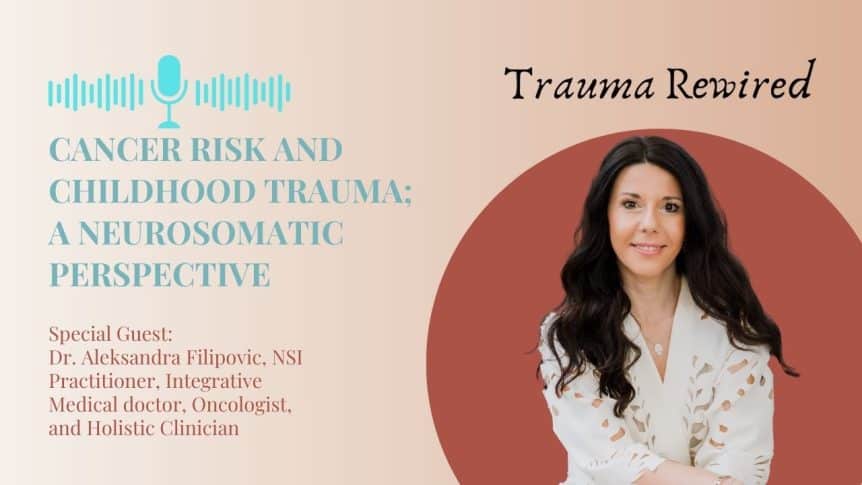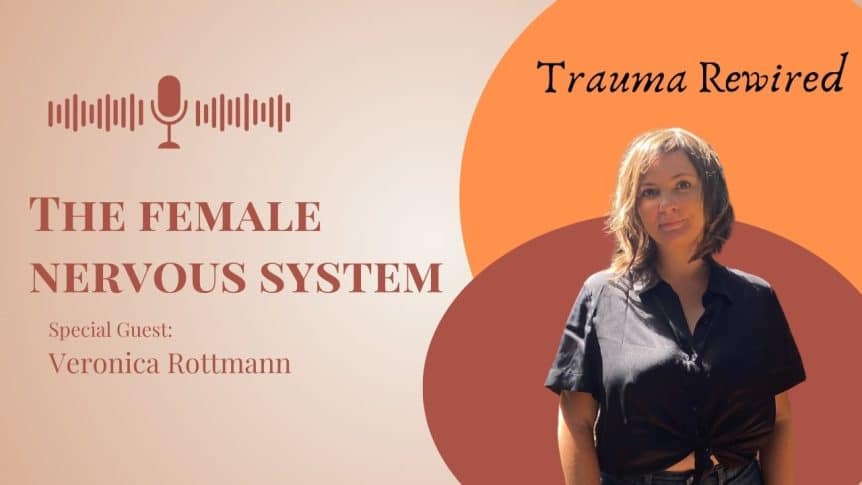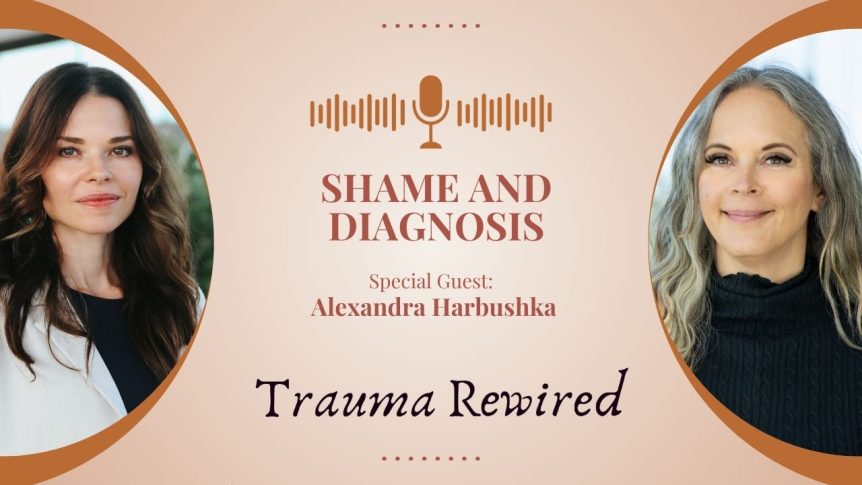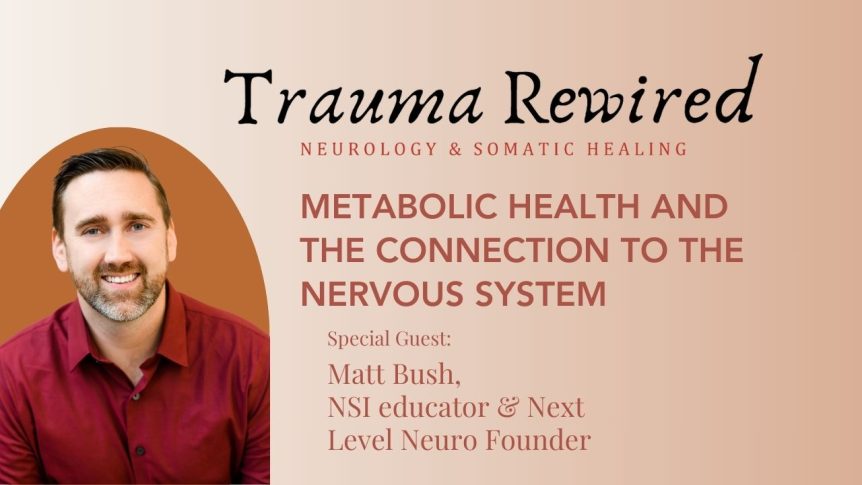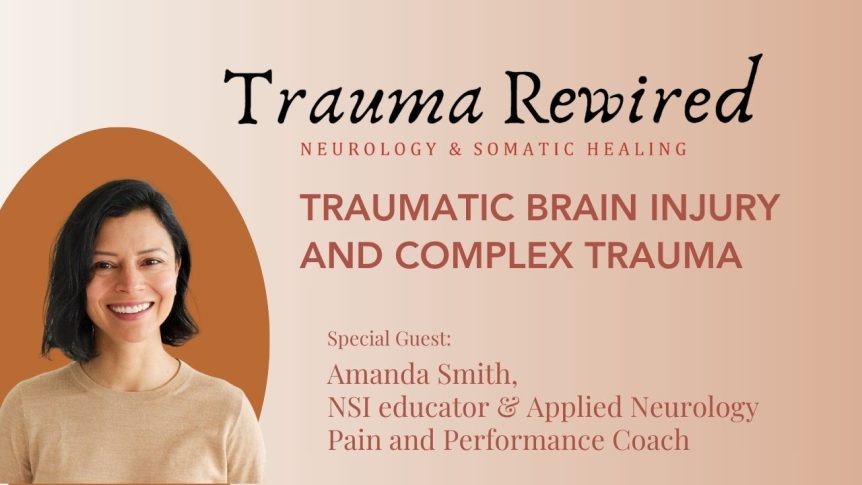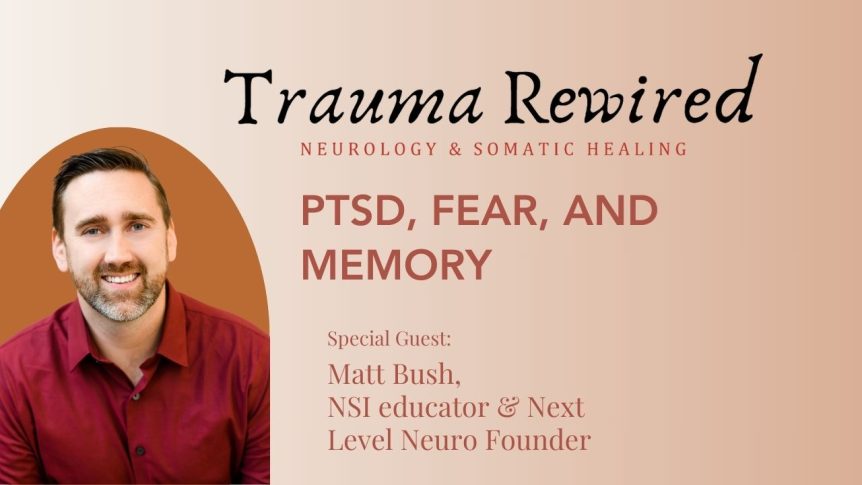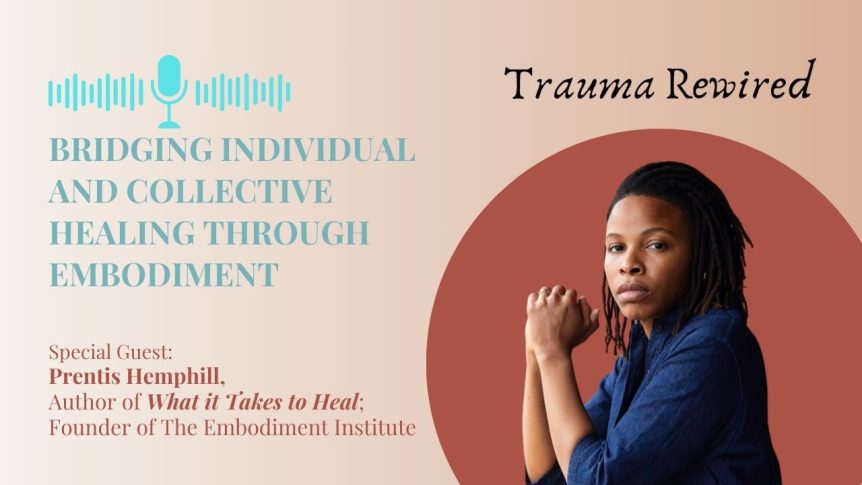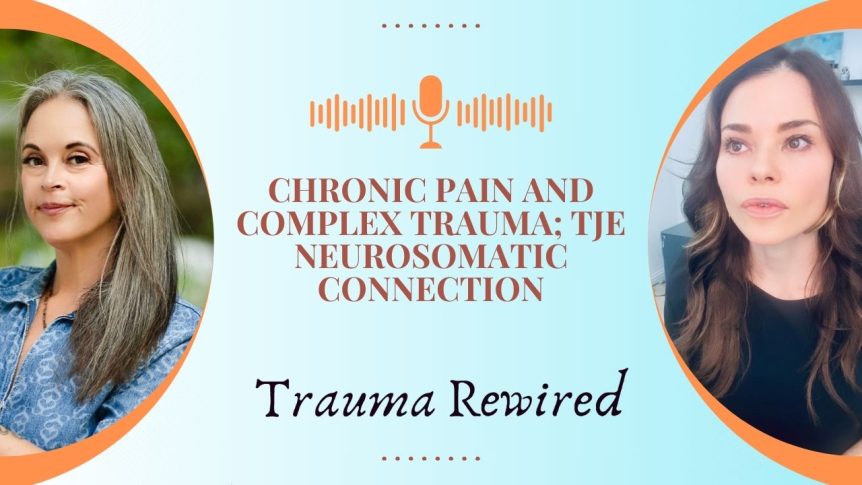When unresolved trauma lingers in our bodies, it often manifests as chronic health issues or diseases, such as cancer. The medical community is just beginning to uncover the powerful link between trauma, ACE scores, and cancer. With trauma-informed care now being integrated into medical practices, we’re seeing a shift towards more holistic approaches to healing—something the healing community has long …
Did you know that women are twice as likely to experience depression, yet less than 40% of research includes them? This statistic is staggering, highlighting society’s inadequate attention to women’s mental health and the complexities of their nervous systems. Often overlooked in scientific studies, women’s experiences, particularly regarding menstrual cycles, create significant gaps in understanding their physiological, emotional, and hormonal …
Receiving a diagnosis can be a life-altering experience, especially when it triggers feelings of shame. Shame can create a whirlwind of emotions—unworthiness, failure, guilt, and loss—which compounds the stress of dealing with a diagnosis. These emotions form a toxic cycle that exacerbates the condition, leading to significant nervous system dysregulation. Often, it’s difficult to pinpoint this dysregulation because of our …
In this episode of Trauma Rewired, hosts Elisabeth Kristof and Jennifer Wallace, along with guest Matt Bush, delve into the complex relationship between metabolic health and nervous system health. They explore how issues like chronic stress, inflammation, and blood sugar dysregulation can significantly impact both physical and mental health, especially in individuals with a history of trauma. Metabolic health is …
Did you know that nearly half of all Americans will experience at least one traumatic brain injury (TBI) in their lifetime? Shockingly, many of these cases go unnoticed or undiagnosed. The symptoms can initially be subtle and easily mistaken for other chronic conditions like CPTS. Without proper diagnosis, individuals can face immense confusion, wondering why treatments aren’t working as expected. …
Have you ever wondered why some individuals bounce back from trauma while others develop PTSD? The answer might be tied to how our brains encode and process fear memories. According to recent research, resilience isn’t just psychological—it’s closely tied to the brain’s ability to adapt to stress and process trauma. On today’s episode, Elisabeth and Jennifer are joined by Matt …
We often think of healing as an individual journey—going inward to process unresolved trauma, grief, and pain from our past. But what about collective trauma, grief, and pain? We rarely consider the healing that must take place beyond ourselves, addressing the unprocessed wounds we carry as a community. True healing requires creating safety both within and around us, allowing us …
When a child is forced to carry the emotional or practical burdens of their caregivers, it can result in lasting trauma that often manifests in adulthood as emotional repression, perfectionism, and various mental health challenges. Parentified children are deprived of their natural developmental experiences—play, exploration, and carefree living—which are essential for discovering themselves and their environment. Healing these deep-rooted wounds …
In a world obsessed with being competent and perfect, it’s no wonder so many of us slip into the role of a perfectionist. Some of us even wear it like a badge of honor. Sure, it’s helped us in some ways—but let’s be real: at what cost? Perfectionism isn’t the same as striving for excellence. It’s often born out of …
A significant portion of the population lives with chronic pain, yet its origins and effective treatments remain some of the least understood aspects of healthcare. Pain is inherently subjective—unique to every individual—and rarely attributable to a single cause. It is a multifaceted experience shaped by a combination of physical, emotional, and neurological factors. When we peel back the layers of …
